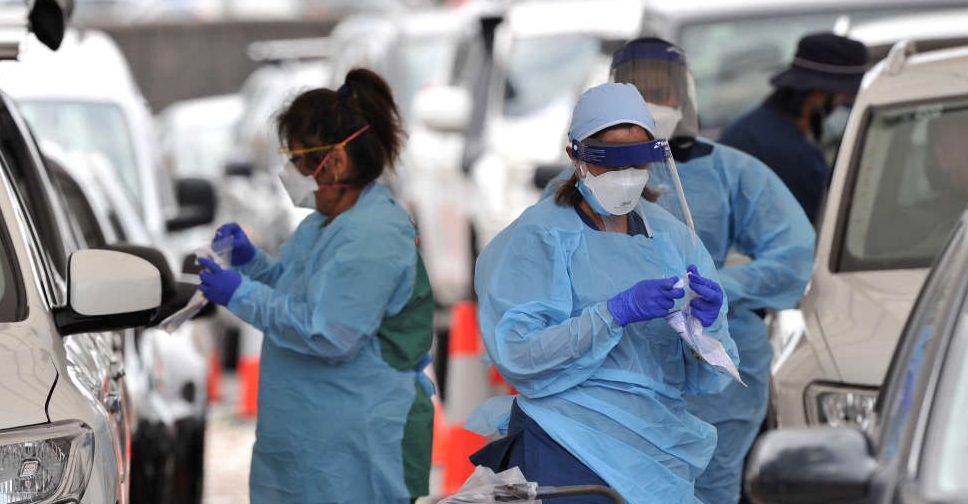
Australian Prime Minister Scott Morrison said on Sunday that the reopening of the country's borders to international tourists may not be far away, adding that the parliament will debate the matter this week.
Australia, which shut its borders in March of 2020, has been going through a staggered reopening in recent months, allowing in only its citizens and residents, skilled migrants, international students and certain seasonal workers.
In January, Morrison said he hoped international borders could fully reopen before Easter.
His popularity has been sliding in recent months, however, in part reflecting questions about his handling of the Omicron outbreak, and he faces pressure from a federal election that must be called by May.
While the highly transmissible Omicron variant keeps spreading, hospitalisations and deaths have been stabilising, with News Corp newspapers over the weekend quoting unnamed sources as saying that Australia may reopen its borders within two or three weeks.
"We are looking forward to be able to make that decision to open up our borders and welcome visitors back to Australia again as soon as we safely and possibly can," Morrison said on Sunday. "But I really do not believe that that is far away."
The first 2022 sitting of the Australian parliament is to start on Monday and Morrison said that reopening borders to tourists will be addressed "very early on".
Home Affairs Minister Karen Andrews said in an interview on the Australian Broadcasting Corporation's Insiders programme on Sunday that the government is "very close" to deciding.
Australia, which has nearly 95 per cent of the eligible population aged 16 and over double-vaccinated against the coronavirus and nearly nine million people with more than two doses, requires all international travellers to be vaccinated or provide evidence of a medical vaccination exemption to enter the country.
As of midday on Sunday, the country's latest daily reports showed 43 coronavirus-related deaths: 28 in New South Wales state, nine in Queensland and six in Victoria.

 Iranian President Raisi killed in helicopter accident, state media says
Iranian President Raisi killed in helicopter accident, state media says
 ICC prosecutor seeks arrest warrants for Israeli, Hamas leaders
ICC prosecutor seeks arrest warrants for Israeli, Hamas leaders
 Assange given permission to appeal against US extradition
Assange given permission to appeal against US extradition
 Israel intends to broaden Rafah sweep, Defence Minister tells US
Israel intends to broaden Rafah sweep, Defence Minister tells US
 New Taiwanese president calls on China to stop threats
New Taiwanese president calls on China to stop threats



